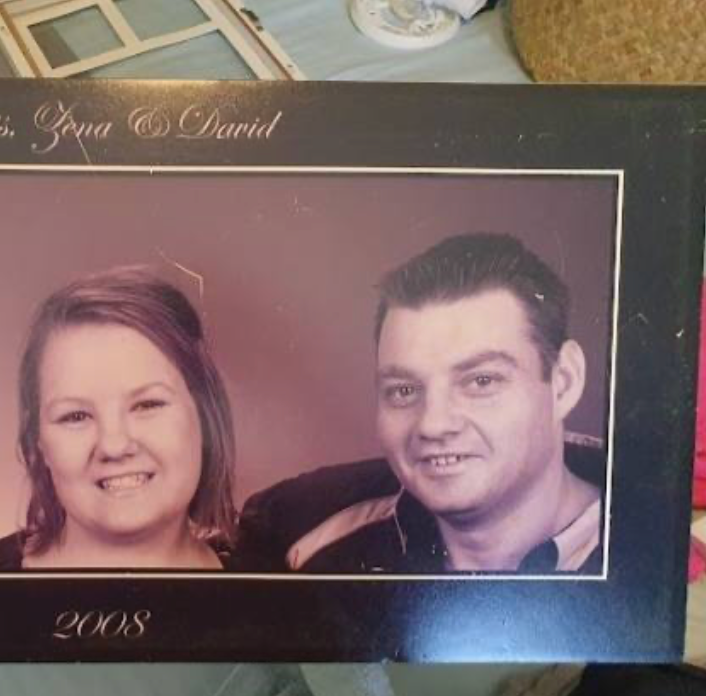
Breaking the silence around mental health
Today we are extremely privileged to have Zena talk to us about her own experience - thank you Zena
"Each year, R U OK? Day reminds us of the power of a simple question. Asking someone, “Are you OK?” with genuine care can sometimes change or even save a life.

I have masked my whole life, I could be dying inside and no one would know and this is the scary part.. I think if you know people well you might need to dig deep to pull it all out.
For me, this day is deeply personal. In 2016, my brother took his own life he was my age now with three young kiddos. I was six months pregnant with my almost now 9 year old who carries his name in his middle name.

The news hit while I was meeting my grandparents for the first time and about to fly to Canberra for work, after just meeting my biological father for the first time in 2015 at 26, a day that should have been joyful.
I remember telling my Mum who was living with us at the time and I remember her crumbling to the news like her whole life fell apart.
Grief after suicide is unpredictable: one moment you feel you’re coping, the next, loneliness, caring for you parents who are struck with pain that hits hard. But apart from my own pain my Mum, step dad and this kiddos were hit so hard that it feels so recent and new even though it's 9 years ago..
My family struggled, relationships frayed and fell apart, and instead of loving each other more, feelings were hurt and disengagement occurred, life became a balancing act between raising my son and managing others grief over my own grief.
Mental health challenges run in my family, some inherited money others like me inherited anxiety and depression. I attend therapy regularly, and my 8-year-old is also supported as he navigates life with ADHD and autism. The world can be tough on neurodiverse kids, but by breaking cycles of silence and shame, we can teach healthier ways to cope and thrive.
Earlier this year, my family moved to create a calmer, more balanced life. It’s had challenges, but it’s also shown me something important: mental health struggles and generational trauma are real, but they are not unchangeable. We can seek help, build resilience, and teach our children that it’s OK to talk about feelings. We can let go of people who hurt us and find a better life.
But the big thing I've learnt is we can do things differently to the society norms and find what works for us which is usually so different to others.
My Mum is creating 3000 little shirts to represent the lives lost to suicide almost every year.

Why Conversations Matter?
Suicide is the leading cause of death for Australians aged 15–49. Many struggling feel they have no one to turn to. That's why I’m asking “Are you OK?” matters. Listening without judgment can give someone hope and a lifeline they desperately need.
How to Have the Conversation
You don’t need to be a professional to make a difference. Here are some practical tips:
1. Start with care and honesty:
“I’ve noticed you seem a bit down lately. Are you OK?”
2. Listen more than you talk:
Allow them to share their feelings without interrupting or trying to “fix” everything.
3. Encourage action:
Suggest they speak with a professional if needed. Offer support in finding help or attending an appointment.
4. Check in regularly:
A single conversation is great, but ongoing support can be life-changing.
5. Take care of yourself too:
Supporting someone else can be emotional. Make sure you have support and boundaries.
If You’re Struggling
If you’re reading this and feel heavy-hearted or overwhelmed, please know you’re not alone. Reaching out is a sign of strength. Talk to someone you trust, or contact support services:
Lifeline: 13 11 14
Beyond Blue: 1300 22 4636
Kids Helpline: 1800 55 1800
Suicide Call Back Service: 1300 659 467
This R U OK? Day, let’s commit to starting more conversations. Mental health challenges can feel isolating, but when we connect, listen, and support one another, we create hope, healing, and change for ourselves, our families, and our communities.'

